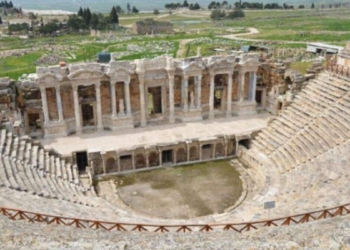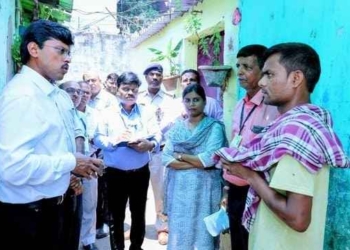Colombo, Sep 22 (IANS) For the first time in Sri Lanka’s history, second preference votes will be counted in a presidential election. After this process, the candidate with the highest number of votes will be declared the winner.
Sri Lanka’s Election Commission chairman RLAM Ratnayake on Sunday announced that no candidate in the presidential election got the required number of votes. Due to this, second preference counting will be done. This information was received from local media reports.
Under the Presidential Elections Act 1981, a candidate must secure at least 50 per cent of the votes to win the election, reports Daily Mirror.
The Election Commission clarified that no candidate reached this threshold. Therefore, the votes of the top two candidates – Anura Kumara Dissanayake and Sajith Premadasa – will be counted on the basis of second preference.
During a press conference, the Election Commission said that Dissanayake and Premadasa were the only remaining candidates and all others had been eliminated.
The ballots for the eliminated candidates will now be reviewed to determine whether second or third preference votes were cast for the two leading candidates.
Initial results indicate that Anura Kumara Dissanayake, 55, leader of the National People’s Power (NPP) coalition, could become the country’s first leftist president.
According to Pradeep Yasarathne, Secretary to the Ministry of Public Administration and Home Affairs, the government has declared Monday as a special public holiday in view of the election results.
A total of 39 candidates are contesting in this much-anticipated election, which comes after Sri Lanka’s worst economic crisis. These include incumbent President Ranil Wickremesinghe, opposition leader Sajith Premadasa from the Samagi Jana Balawegaya (SJB) party, and Marxist leader Anura Kumara Dissanayake from the Janatha Vimukthi Peramuna party.
In this election, 17,140,350 voters out of Sri Lanka’s total population of 22 million were eligible to exercise their franchise. This included 1.2 million new voters.
Voting took place from 7 am to 4 pm on Saturday at 3,421 polling stations across the country.
– IANS
MK/GKT










